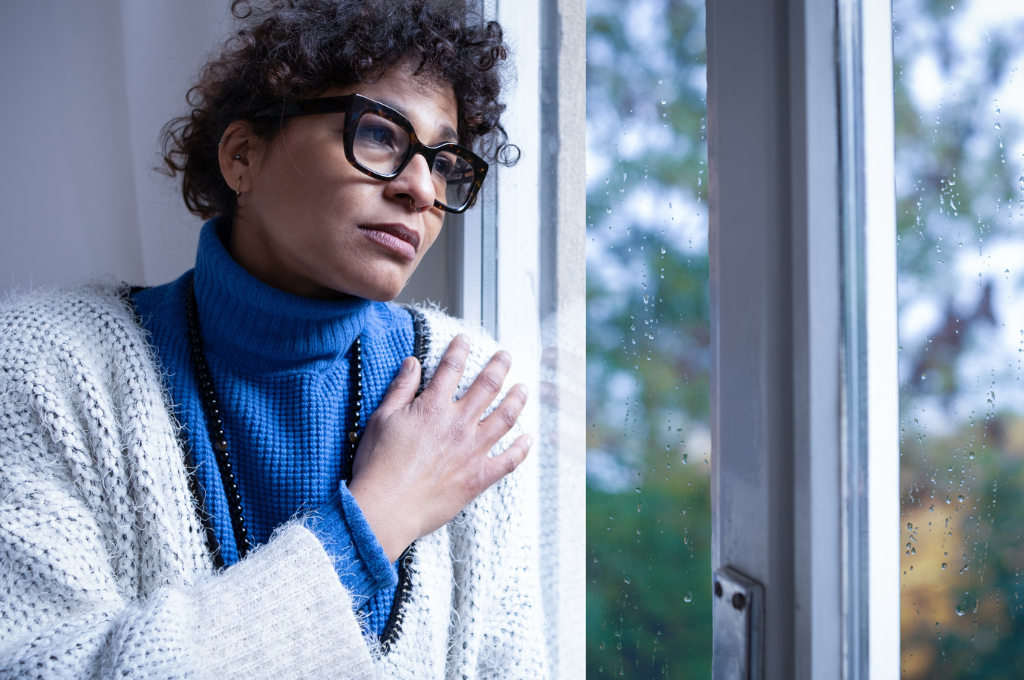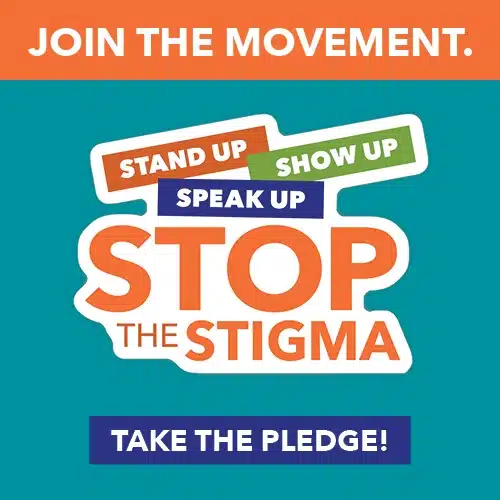As the leaves fall and the days grow shorter, many of us eagerly embrace the brisk chill in the air and the cozy comforts of autumn. Yet for some people, the transition into the fall and winter months when there is less natural sunlight can have a profound impact on their mood and emotional well-being.
People may start to feel the “winter blues” when the days get shorter but in some cases these mood and behavior changes can be more significant, leading to seasonal depression, clinically known as Seasonal Affective Disorder (SAD). Here are some signs and symptoms to look out for.
Signs & Symptoms of Seasonal Depression
Persistent low mood: People with SAD often experience a persistent low mood, feelings of sadness, hopelessness and/or irritable for most days over an extended period of a few weeks or months.
Loss of interest: A reduced interest and no pleasure in activities that were once enjoyable is a common symptom of depression.
Fatigue and low energy: Feeling unusually tired or lacking in energy, even after a full night’s sleep.
Changes in sleep patterns: SAD can cause changes in sleep habits, such as oversleeping or having difficulty falling asleep and staying asleep (insomnia).
Weight changes: Some individuals with SAD experience changes in appetite and weight, which can lead to either overeating and weight gain or a loss of appetite and weight loss.
Difficulty concentrating: People with SAD may have trouble concentrating, making decisions, or focusing on tasks, which can impact daily functioning.
Feelings of worthlessness or guilt: Experiencing feelings of worthlessness, guilt, or self-criticism is common in depression, including SAD.
Withdrawal from social activities: Individuals with SAD often withdraw from social interactions and isolate themselves from friends and family.
Physical symptoms: SAD can also manifest as physical symptoms such as headaches or stomachaches, which may not have a clear physical cause.
Thoughts of death or suicide: In severe cases, individuals with SAD may have thoughts of death or suicide. If you or someone you know is experiencing these thoughts, it is essential to seek professional help immediately.
If you or someone you know is showing signs of SAD, it’s crucial to seek professional help. Effective treatments include light therapy (exposure to bright artificial light), psychotherapy (talk therapy), medication, lifestyle changes (such as regular exercise and a balanced diet) and managing stress.
Our mental health experts at Oaks Integrated Care can help determine the most appropriate treatment plan based on the individual’s specific symptoms and needs. To learn more about Oaks services or schedule an appointment, take the first step and call our Access Center at 1-800-963-3377.










